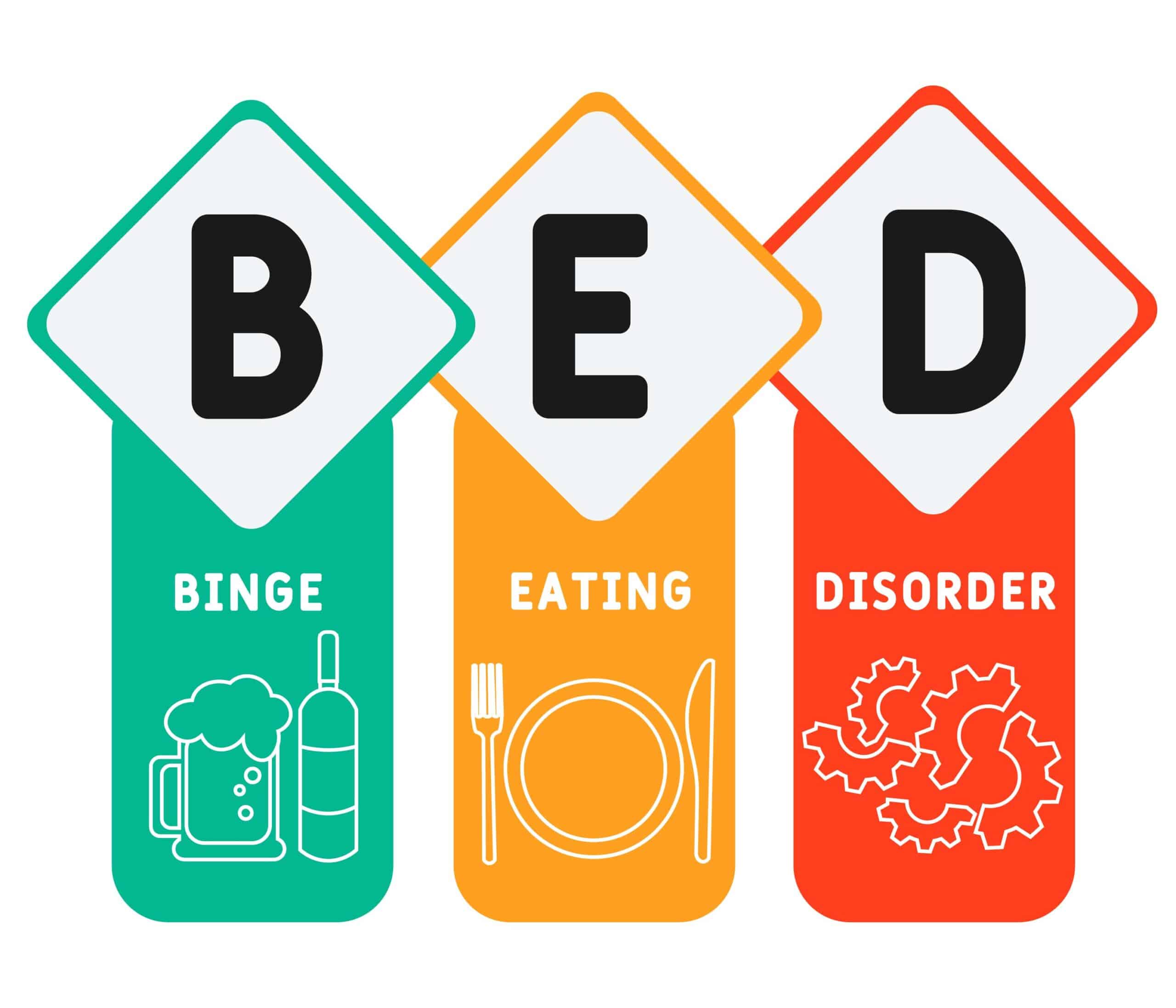Blog

4 Reasons Why You Might be Having a ‘Hungry Day’
Have you ever had one of those days where nothing seems to keep your hunger at bay for long?
You are not alone!
Well… interestingly, there are various reasons why we may feel more or less hungry on any given day. This highlights how our energy needs fluctuate, adapt to different circumstances and it emphasises how insensible it is for diets to tell us to eat the same X calories every. single. day.
This blog post will break down a few factors for you to consider moving forward. Because after all, your body has your back and IT WORKS!
When we often ask the question about what influences our daily hunger levels, we often hear our client’s say it may be related to increased physical activity or decreased food intake, however, BEYOND this, did you know that stress, sleep, menstruation and even the weather influence your appetite?
Let’s break them down, shall we?
STRESS
The body responds to stress by releasing hormones that will physically prepare you for the fight-or-flight response. It’s a survival mechanism from back when we used to regularly come face-to-face with lions and tigers and bears, oh my!
One of the hormones released during stressful situations is cortisol. When cortisol circulates the body via the bloodstream, it can cause a spike in hunger, particularly cravings for sugary and fatty foods, because your body is trying to fuel up for a fight!1
SLEEP
There’s some debate in the research world about whether your body physically requires more calories after a poor night’s sleep. What they can agree on, however, is that your appetite is likely to ramp up as a result of sleep deprivation.
The two main hormones that our bodies produce that work to regulate hunger are ghrelin and leptin – the former increases your appetite while the latter suppresses it. Studies have shown that these hormones are majorly influenced by a lack of sleep, causing ghrelin production to increase and leptin to decrease.2 This can cause your hunger to be a little out of whack the next day! Cortisol also naturally increases with sleep deprivation, which we know can increase hunger signals.3
MENSTRUATION
You’ve probably noticed that you crave chocolate and other fun foods around your period but have you ever thought about why?
We are sure you’re familiar with the fact that your body goes through many hormonal changes throughout your cycle.
Estrogen and progesterone are two of the major female sex hormones of course and research shows that they can both influence your hunger.4 Estrogen effects the brain in a way that suppresses your hunger while progesterone can trigger it. Just before you start your period, estrogen drops and progesterone peaks. Hence the periodic reaching for the delicious chocolate bar!
You might even be particularly hungry for carbohydrates; this nutrient is needed for the body to produce serotonin (aka the happy hormone!), which is where those chocolate cravings come into play.
Another factor to consider is that in the lead up to menstruation, your basal metabolic rate (or BMR) increases – this means that your body is using more energy just to keep you alive! (How cool is the human body, right?!) Additionally, research shows that women also sleep less leading up to and during our periods, which we know can have a huge influence on hunger.5
WEATHER
In the same way that your body helps you to stay warm by shivering, it also triggers your hunger! As the weather outside gets colder, your body temperature decreases. Your brain will respond to this by activating your hunger cues, as the process of digestion produces heat for warmth!6
In addition to this, when it’s dark and rainy outside, food can be a great source of comfort – particularly in the form of a hot meal. This desire for comfort foods is actually caused by a decrease in our serotonin levels as a result of the lack of sunlight. As discussed above, serotonin production requires carbohydrates to occur, which is why you might start to crave those heavier carbohydrate-rich meals.
Did you notice that ALL of the reasons for an increase in appetite are designed to keep you physically well and mentally happy?
The human body is so clever!
This is why at Embody Health London we make it a priority to discuss these factors with all of our clients to help them to better understand their bodies. We also think it is incredibly important to help our clients to develop a range of strategies to cope with emotional hunger. Using food as comfort is normal and perfectly okay, as long as you also have other tools in your toolbox!
If you would like to reconnect with your intuitive hunger and fullness cues, contact us at [email protected] to learn about how one of our expert dietitians can support you!
Karli Battaglia MDiet, APD
EHL Team x
References
- Yau Y, Potenza M. Stress and eating behaviors. Minerva Endocrinologica. 2013;38(3):255-267.
- Greer S, Goldstein A, Walker M. The impact of sleep deprivation on food desire in the human brain. Nature Communications. 2013;4(1).
- Hirotsu C, Tufik S, Andersen M. Interactions between sleep, stress, and metabolism: From physiological to pathological conditions. Sleep Science. 2015;8(3):143-152.
- Brown S, Morrison L, Calibuso M, Christiansen T. The Menstrual Cycle and Sexual Behavior: Relationship to Eating, Exercise, Sleep, and Health Patterns. Women & Health. 2008;48(4):429-444.
- Baker F, Lee K. Menstrual Cycle Effects on Sleep. Sleep Medicine Clinics. 2018;13(3):283-294.
- de Castro J. Seasonal rhythms of human nutrient intake and meal pattern. Physiology & Behavior. 1991;50(1):243-248.














